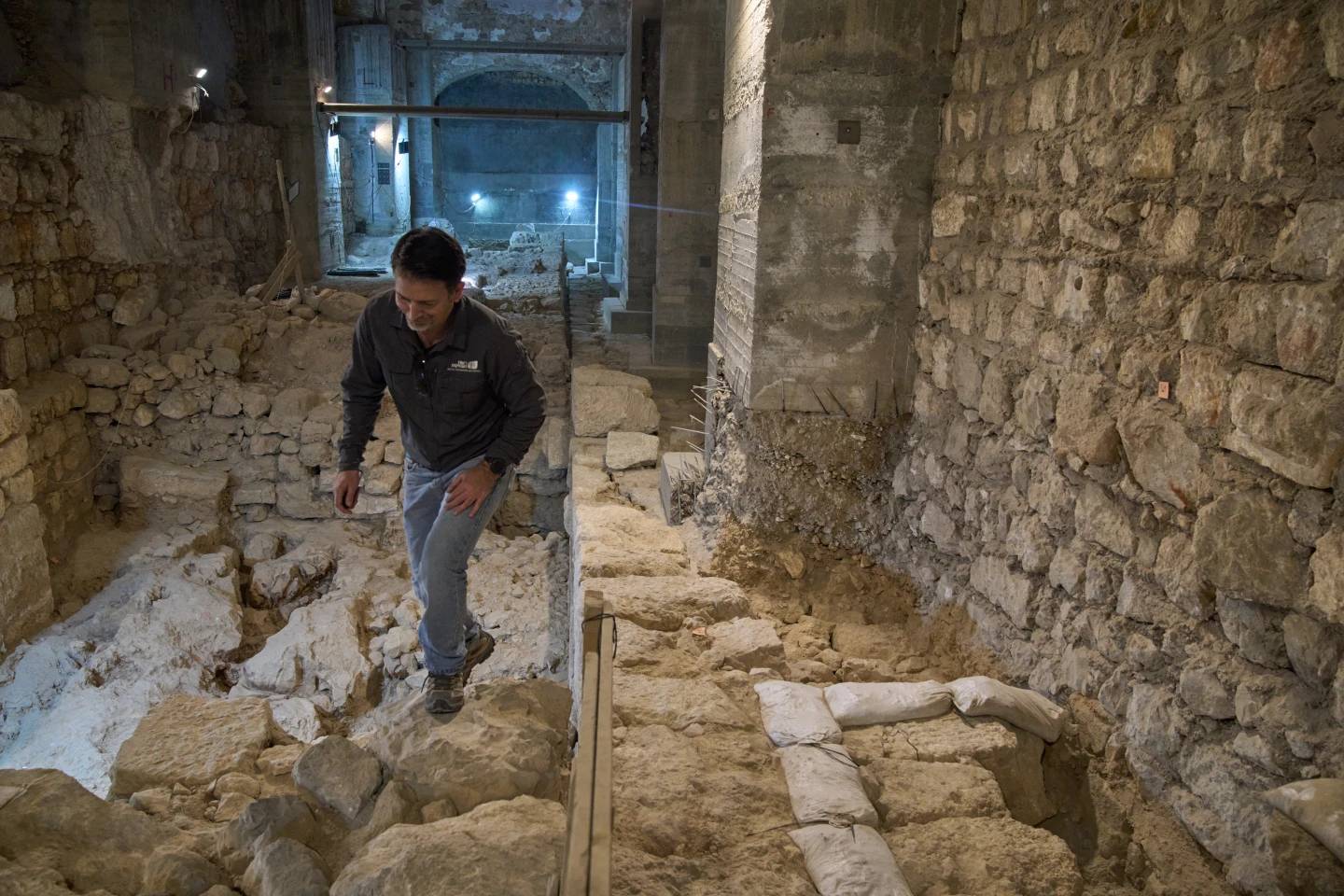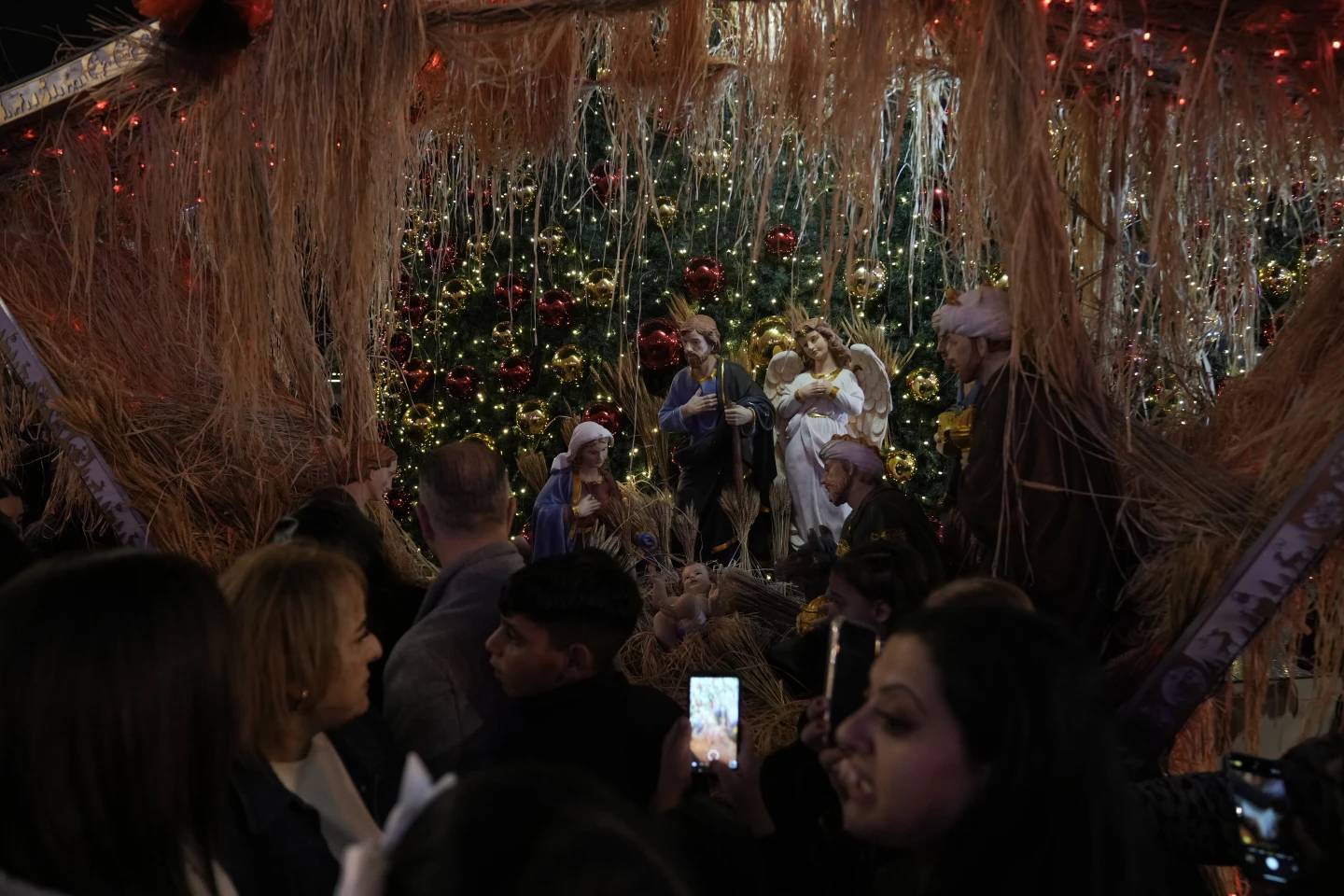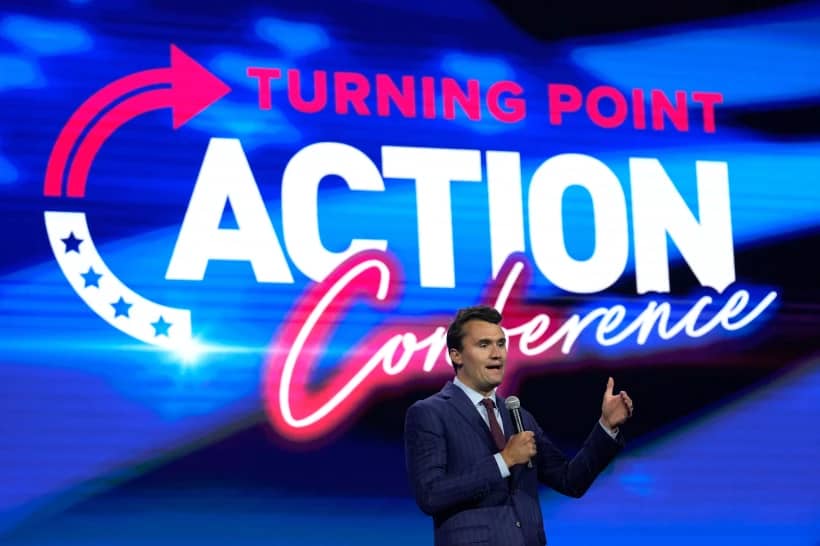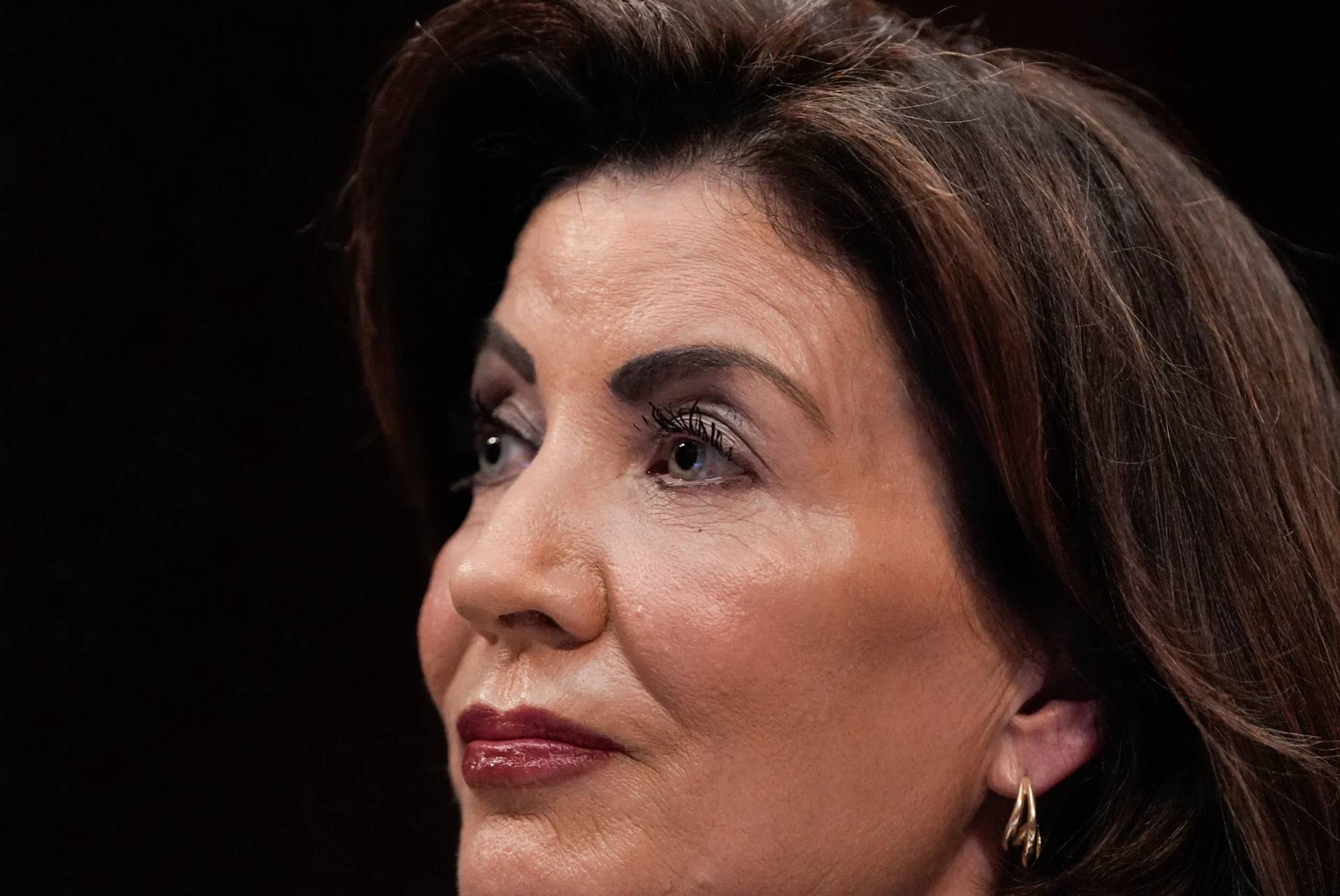ROME – A Jordan native and expert on Islamic affairs has said the Middle East is currently undergoing an in-depth reflection on the role of religion in society and governance, leading to a changing religious landscape in the region.
“Violence perpetrated in the name of religion contributed to this change,” said Monsignor Khaled Akasheh, Bureau Chief for Islam at the Pontifical Council for Interreligious Dialogue.
“The quest for enhanced liberty and better life conditions also contributed to reflecting on the role of religion in society and to eliciting religious responses to particular questions and doubts,” Akasheh told Crux.
Akasheh stressed that while he is Jordanian and follows developments in issues of social and religious interest in the Middle East closely, he has not lived in the country for years, and thus “cannot claim to have an extensive and complete vision of the reality.”
However, from his own observations, Akasheh said he believes the internet and social media have also “helped in a big way” to circulate differing views on religious, economic, and social issues, particularly among youth.
Another contributing factor to the changing landscape of the Middle East, he said, is the feminist movement, both in Christianity and in Islam.
One example of this, he said, is the question of equality in terms of inheritance between men and women, which he said has become an issue “not only among Christians, like in Egypt and in Jordan, but also in countries where the population is nearly a total Muslim, as is the case in Tunisia.”
According to a report in DW News, an English-language news service attached to German public broadcaster Deutsche Welle, numerous surveys in recent years have shown a decline in religious practice in the Middle East, including in Islamic countries such as Iran and Saudi Arabia.
The article cited numerous surveys conducted by pollsters such as the Arab Barometer and the Group for Analyzing and Measuring Attitudes in Iran (GAMAAN).
Survey results show that a growing number of people in the Middle East are calling for the reform of their political institutions amid an increase in cultural secularism and a trend toward drifting from religious to non-religious practice.
Statistics in one survey conducted by GAMAAN, according to DW News, shows that while Iran’s census figures show that some 99.5 percent of its population belongs to the Shi’a Muslim tradition, only 78 percent of survey participants said they believed in God.
Of these, just 32 percent identified as Shi’a Muslims. Roughly nine percent said they were atheist, eight percent said they were Zoroastrian, seven percent described themselves as simply being “spiritual,” six percent said they were agnostic, and just five percent said they were Sunni Muslims. Around 22 percent of participants said they identified with none of these religions.
While the numbers show that the majority of the population still believes in God, the numbers are significantly less than what one might expect for a place where religion is not just a matter of faith, but also culture, government, and law.
In his interview with Crux, Akasheh said that the “Islamic revival” of both Shi’a and Sunni Muslims in the Middle East has “awakened some of the Christians as well towards their own revival.”
“Religion today has become an identity factor, sometimes at the expense of the national sense of belonging,” he said.
Factors such as the rise of the so-called Islamic State, or ISIS, and its opposition and defeat “has demonstrated the need for a sound approach to religion which excludes recourse to violence to sustain and impose one’s own understanding of his (or) her religion,” Akasheh said.
Violence perpetrated by ISIS, he said, “was for some an occasion to ask themselves what religion does mean and how important it is to understand and to practice it properly.”
Asked whether he believes this shifting of sands could lead to the complete secularization of the Middle East in terms of governance and politics, Akasheh said he is unsure whether the region will ever be secularized “in the same way and to the extent” that it is in the west.
However, “We should also be clear on this that the Western countries have different kinds of secularism and that their societies have been affected by this phenomenon in different grades,” he said, meaning that should the Middle East become secularized, it might very well look different than the kind most of the western world is familiar with.
Follow Elise Ann Allen on Twitter: @eliseannallen

















